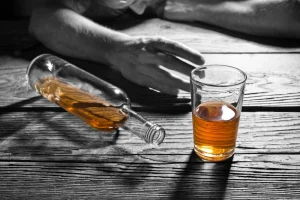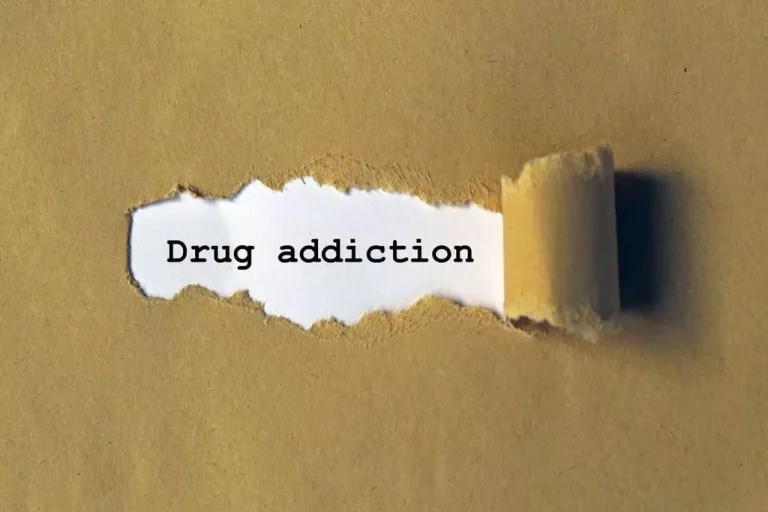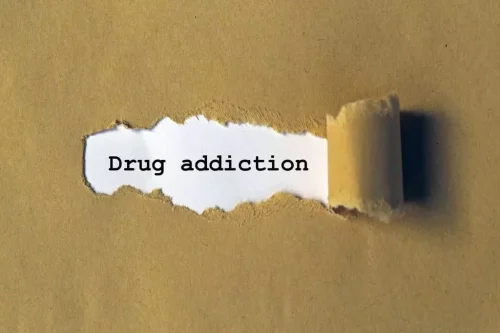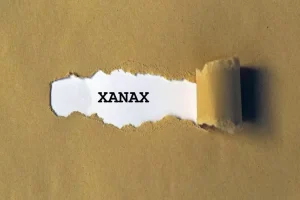
“The higher the alcohol content a drink has (or is absorbed in your body), the greater the diuretic and dehydration effect.” Between your Thursday night wine and your Saturday night cocktail, you have a fairly good sense of what kind of hangover you’re in for on Friday and Sunday mornings. But beyond the type of alcohol you’re imbibing, you might not realize how much dehydration enters into the hangover equation. Some drinks are more dehydrating than others, but the amount of dry mouth you wake up with has more to do with alcohol volume, how much you drink per session, and what you combine with your favorite tipple.
How Long to Get Back into Ketosis after Drinking Alcohol?

Ethanol is a toxic compound that impairs the normal function of cells, tissues, and organs. Regular alcohol consumption interferes with countless cellular processes, causes liver damage, increases the risk of DNA damage and cancer, and is linked to high blood pressure and heart disease. That said, being dehydrated before drinking alcohol could cause your blood alcohol concentration to increase more quickly.
Tips for Enjoying Alcohol While Maximizing Hydration
When we consume alcoholic beverages, including wine, our bodies prioritize metabolizing the alcohol over absorbing water. This can lead to increased urine production and potentially contribute to dehydration. Yes, caffeinated beverages like coffee and tea do count towards your daily Sober living home hydration needs.
- Mineral water, for example, tends to contain calcium and magnesium, which are good for bone and muscle health.
- Alcohol is linked to several adverse health effects, including premature death, poor liver function, nutrient deficiencies, and cancer, and it’s best to avoid drinking alcohol as much as possible.
- “Generally speaking, you do not need to add sodium to water or enhance your water with electrolytes if you eat a balanced diet that includes fruits and vegetables,” says Ruth.
- Dehydration can affect multiple bodily functions and cause a wide range of symptoms.
- People who are already at risk of dehydration should avoid or limit their alcohol consumption.
Green or black tea
In fact, no alcoholic beverage is a good choice for hydration. That’s because they actually take water out of your body by making you pee more often. Drink plenty of water when you’re having hard seltzers or any other type of alcohol. Most hard seltzers are made with brewed cane sugar and/or malted rice, with soda water and flavorings added.

Does Soda Count as Fluid?
Here, we outline various drinks, categorizing them based on their hydration potential. Still, enjoying these drinks in moderation and pairing them with other beverages in your diet, such as water, is unlikely to cause dehydration. However, research is mixed on whether these beverages increase urine output significantly. Coffee, tea, and soda contain caffeine, a central nervous system stimulant that acts as a natural diuretic to increase urine production (1).
When we drink alcohol, it gets absorbed into our bloodstream through our stomach but mostly through our small intestines. From there, the alcohol is processed by enzymes in the liver. As the liver breaks down the alcohol, it is converted into a substance called acetaldehyde, which can be toxic in high doses. Our liver quickly works to break down acetaldehyde into acetate. According to science, about 90% of alcohol is eliminated by our liver, but 2-5% of alcohol leaves our body through urine, sweat, or breath.
Are sugar-free energy drinks safe?
So if it’s anywhere above 80, 90 degrees you open the bottle and the alcohol will evaporate off within minutes. This would leave a liquid to hydrate and provide energy for myself. I know that alcohols are more volatile than water and that ethanol boils at only 78 degrees as opposed to 100 degrees Celsius for water. I could open the bottle of wine in the shade, even the shade from my own body, and I should be able to remove alcohol from the wine by letting it evaporate.
- When you drink too much beer, the antidiuretic hormones “vasopressin” are inhibited.
- Instead of religiously tracking your ounces of water intake, you can pay attention to the signals your body gives you about its current state of hydration.
- Studies show that sparkling water is just as hydrating as still water.
- Stoutz emphasizes the importance of hydrating before and during drinking, which can minimize how dehydrated you become.
- But how can you rehydrate quickly—and avoid dehydration in the first place?
- Remember to drink responsibly and prioritize water intake for optimal hydration.
Pros of Drinking Sparkling Water
These drinks are primarily water and can be flavored or unflavored, making them a delightful alternative to sugary sodas. Always check labels to ensure they don’t contain added sugars or artificial ingredients. Juices can provide hydration but should be consumed with caution. Pure juices, particularly those without added sugars, contribute to fluid intake. However, they can also be high in calories and sugars, so moderation is key. Diluting juice with water is an effective way to enjoy the flavor while reducing sugar intake.

Hard Seltzer and Diabetes
She goes on to explain these nutrients also help you retain fluids, while chugging a bunch of water will cause much of it to pass through your system without properly rehydrating you. “If you’ve gone the whole night and realize you didn’t have any water, you can’t ‘catch up’ with plain water,” she says. Today, my intention is to explore the fascinating subject of whether wine can potentially cause dehydration. Being a wine aficionado myself, I have frequently contemplated this matter and I am eager to reveal my findings. If you’re into cooking and you pour can wine hydrate you some wine into a frying pan then the alcohol disappears almost instantaneously. If you’re out in the desert and you’re in the sun the temperatures could be over 100 degrees centigrade.
Leave a Reply